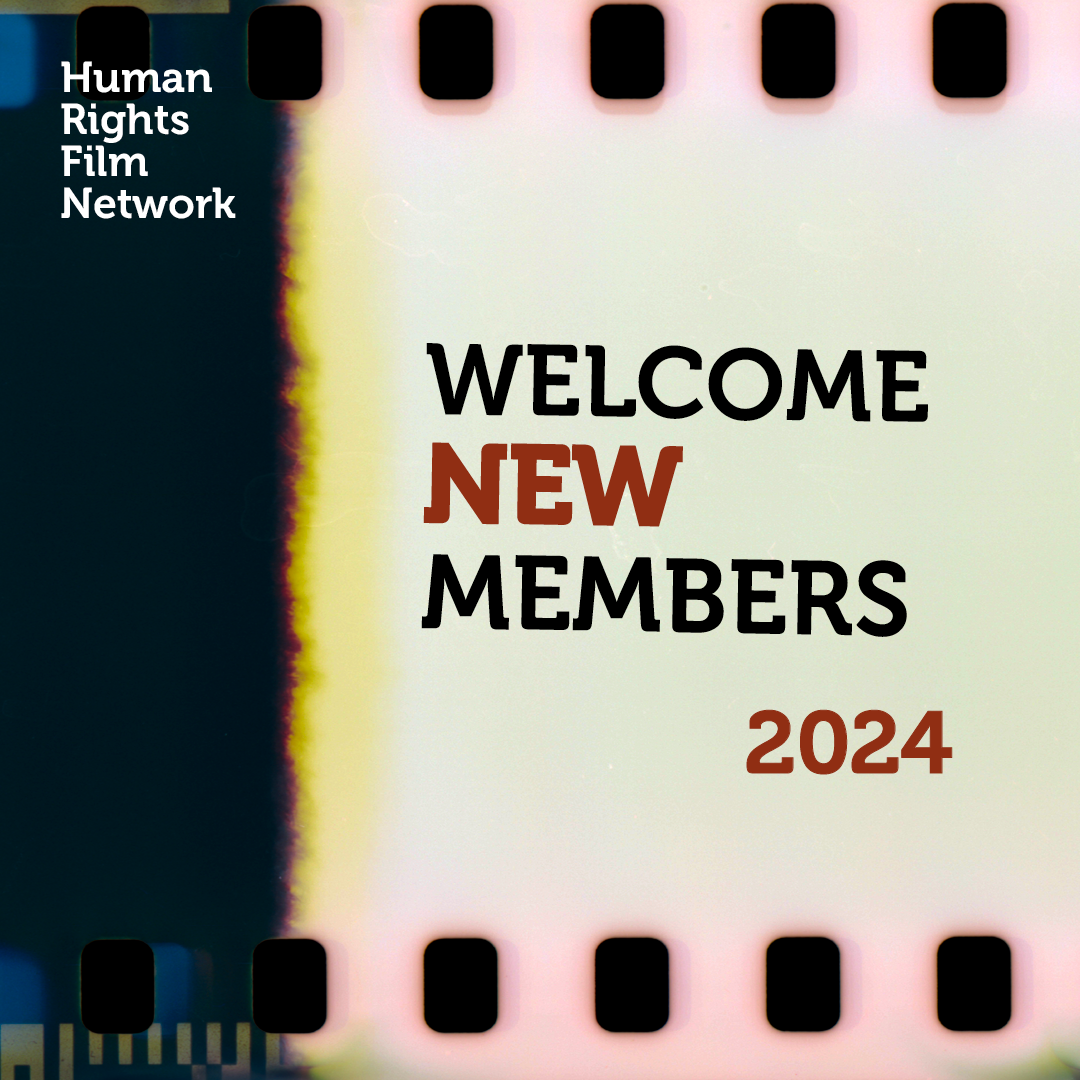On December 1, 2023, the Human Rights Film Network (HRFN), which includes around 50 human rights film festivals globally, joins numerous international human rights organizations, humanitarian groups, cultural and film communities, and millions of individuals worldwide in urgently calling for an immediate and lasting ceasefire in the Israel-Palestine conflict, along with the protection of all civilians.
The HRFN aims to promote a broad understanding of human rights, grounded in international standards like those found in the Universal Declaration of Human Rights and International Law. This is achieved by encouraging dialogue, exchange, and cooperation in how human rights issues are represented in film.
With several member festivals in the region, including one in Gaza, the HRFN expresses solidarity with its members and their families who are suffering the direct consequences of the bombings and attacks in the Palestinian Territories and surrounding areas.
Alongside calling for a ceasefire, the HRFN also demands an end to Israel’s blockade on Gaza, which would allow humanitarian aid to reach Palestinian civilians and prevent further deaths caused by Israel’s airstrikes, as well as the lack of access to basic necessities like food, water, medicine, and fuel.
As of this publication, the death toll in Gaza exceeds 15,000, the majority of whom are women, children, and the elderly. More than 200 Palestinians have been killed in the West Bank, and around 1,200 civilians have died in Israel. We mourn all the lives lost, as well as those who have been forever affected by trauma and loss.
We acknowledge the significant division within the global film, art, and cultural communities regarding responses to the recent events. As a diverse network of festivals using film to raise awareness, educate, and promote discussion on human rights, we understand the profound pain and trauma experienced by civilians in Palestine, Israel, and beyond. Our experience in showcasing human rights films to global audiences, including those focused on the Israel-Palestine conflict, underscores the importance of approaching this issue with a human rights-centered, inclusive perspective.
In recent days, over 30 UN experts have urged the international community to prevent genocide against the Palestinian people, with human rights monitors raising alarms about ethnic cleansing in Gaza. More than a million civilians are being forcibly displaced from their homes under the threat of death, with no safe refuge within the territory. Schools, hospitals, and other shelters are also under attack.
In response, we join Amnesty International, Human Rights Watch, the UN’s High Commissioner for Human Rights, and others in calling for the protection of all civilians caught in the conflict, as required by international law, including both Palestinian and Israeli civilians. As Human Rights Watch stated, “willfully impeding relief supplies is a war crime, as is collectively punishing civilians for the actions of armed groups.” We echo the global call for Hamas to release all Israeli and international hostages in Gaza immediately, and for Israel to free the thousands of Palestinians, including women and children, held in administrative detention.
We also support the calls of the UN Special Rapporteur on the Palestinian Territories Occupied Since 1967, B’Tselem, and other human rights organizations to end the Israeli occupation of Palestinian Territories, as defined by international law, and to lift the siege on Gaza. We advocate for the restoration of universal human rights for Palestinians and call for both Israelis and Palestinians to live in peace, with full self-determination, as a means to achieve lasting justice in the region.
The films presented at our festivals are a powerful tool for raising awareness of underrepresented stories and movements. By screening these films, we spark discussions that engage our audiences with critical human rights issues. We also call for the protection of Palestinian journalists in Gaza, who have been killed in unprecedented numbers as they report from the area. As Reporters Without Borders has noted, “Journalism is in the process of being eradicated in the Gaza Strip due to Israel’s refusal to protect media personnel.” We join RSF in calling for international media access to Gaza, enabling independent reporting from the territory, just as journalists are able to report from other conflict zones.
To shed light on this ongoing humanitarian crisis, Network festivals will hold special screenings and thematic editions. The Karama Human Rights Film Festival in Jordan, from December 5-12, will dedicate its 14th edition to Palestine, titled “Palestine,” as a tribute to Gaza and its people. The Western Sahara International Film Festival (FiSahara) will feature a Palestine-focused segment at its Madrid event on December 15-17. Another special screening will take place at Puñawaki the Seventh Eye is Yours in Sucre, Bolivia, on December 8, with more initiatives to follow.
Signed,
Human Rights Film Network
While all members of the HRFN share a commitment to the fundamental principles of the Universal Declaration of Human Rights in the defense of human rights, the network is diverse in its composition, focus, perspectives, institutional constraints, and the geographic and political contexts in which they operate. Some festivals work in exceptionally challenging environments and conditions.
Given the complexity of the situation and other factors, the following festivals are not signatories to this statement. However, they all strongly reaffirm their support and concern for our colleagues and their communities in the region and fully support human rights for all those affected by this crisis:
- ACT Human Rights Film Festival, United States
- Docudays UA International Human Rights Documentary Film Festival, Ukraine
- International Human Rights Film Festival, Albania
- Nuremberg International Human Rights Film Festival, Germany
- Verzio International Human Rights Documentary Film Festival, Hungary
